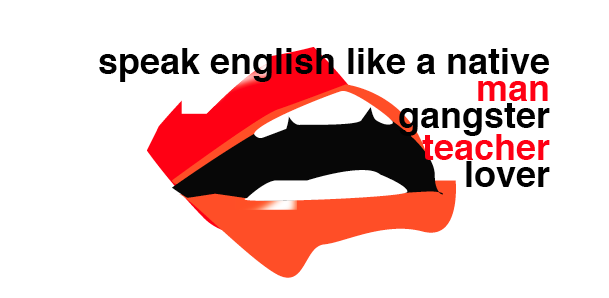
I've noticed a lot of people discussing the popular conversation-related penis-go-round Chatroulette and pronouncing it as "Chat Roolay." I'm not sure why. Is it Stephen Colbert's fault for insisting that his name be pronounced the French way, creating a neurosis wherein people assume all possibly French words fade off into an "ay" sound, throwing all consonants to the wind? Probably. But in French, the addition of an "e" at the end of a word, usually accompanied by an extra consonant, means that you pronounce the final consonant. Semantically, this makes the word feminine, or diminutive (affectionate/small, like "taquito" in Spanish). Example: equestrian becomes "equestrienne" - a female horseback rider. This structure can be seen in a few English words, like "dudette."
But even if proper French pronounced the word "roolay," why do they want to pronounce the word the French way? That would make even less sense, because in French "chat" means "cat," and chat is actually called "discussion instantanée." How un-fun.
Portuguese has the best word for "chat" - "bate-papo," which means "jaw shake," and is pronounced "bahtchee pahpoo."
Anyway, I actually went on Chatroulette when I was really bored and kind of tipsy one night. At first a guy told me to "show him some," so I pressed a button and talked to a Spanish college student for awhile. What I thought was weird about the whole thing was that so many people preferred to chat rather than actually speak on the service.It reminded me a lot of the book "Feed" by M.T. Anderson (one of the best books around). The book is about a distopian future wherein everyone has internet in their minds via a chip, and during tense moments in the book the characters chat to each other instead of speak out loud.







